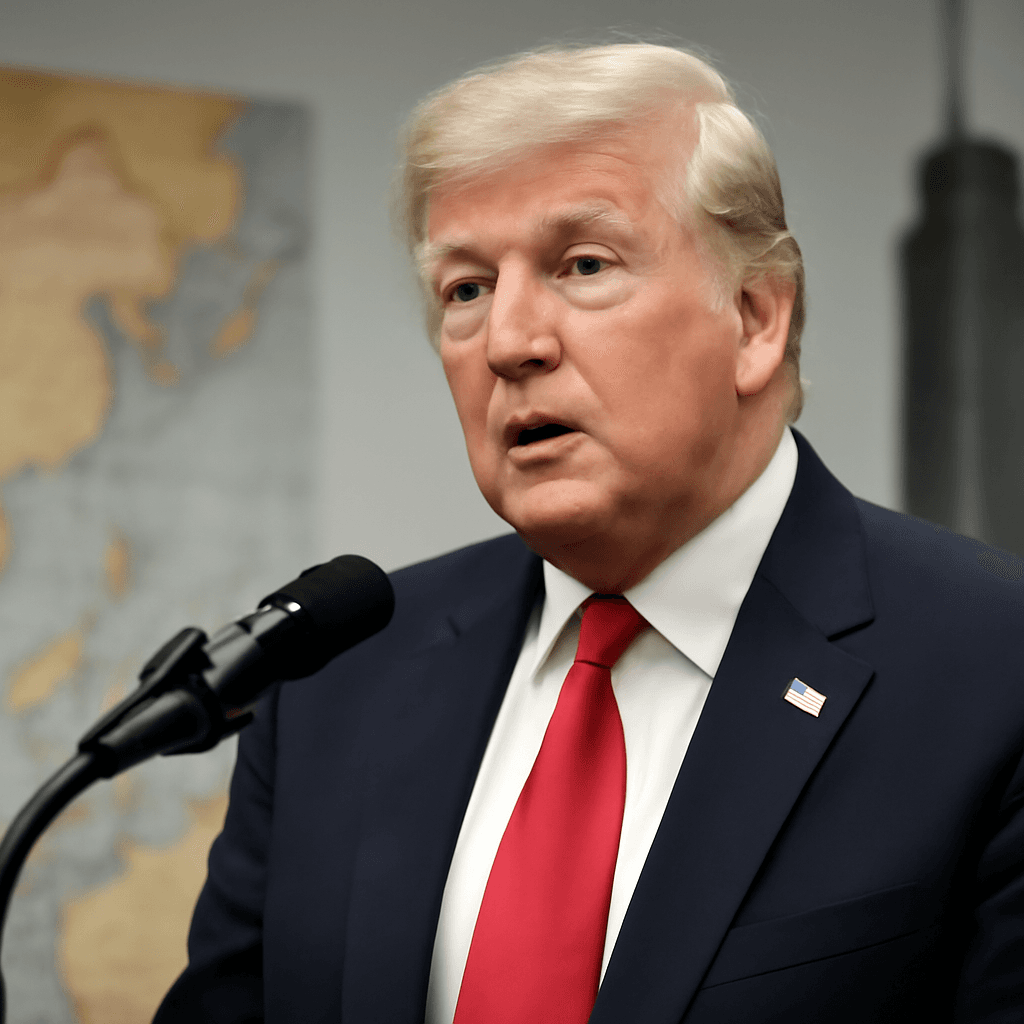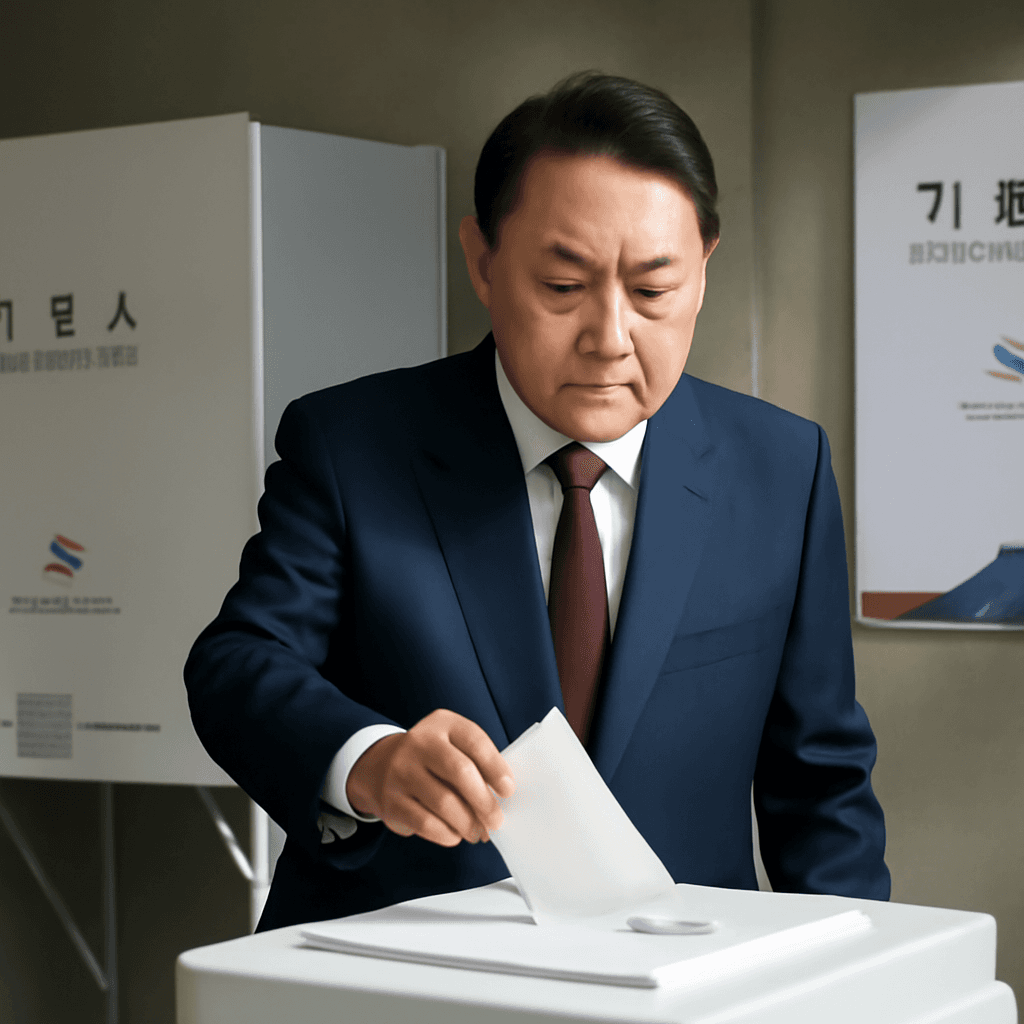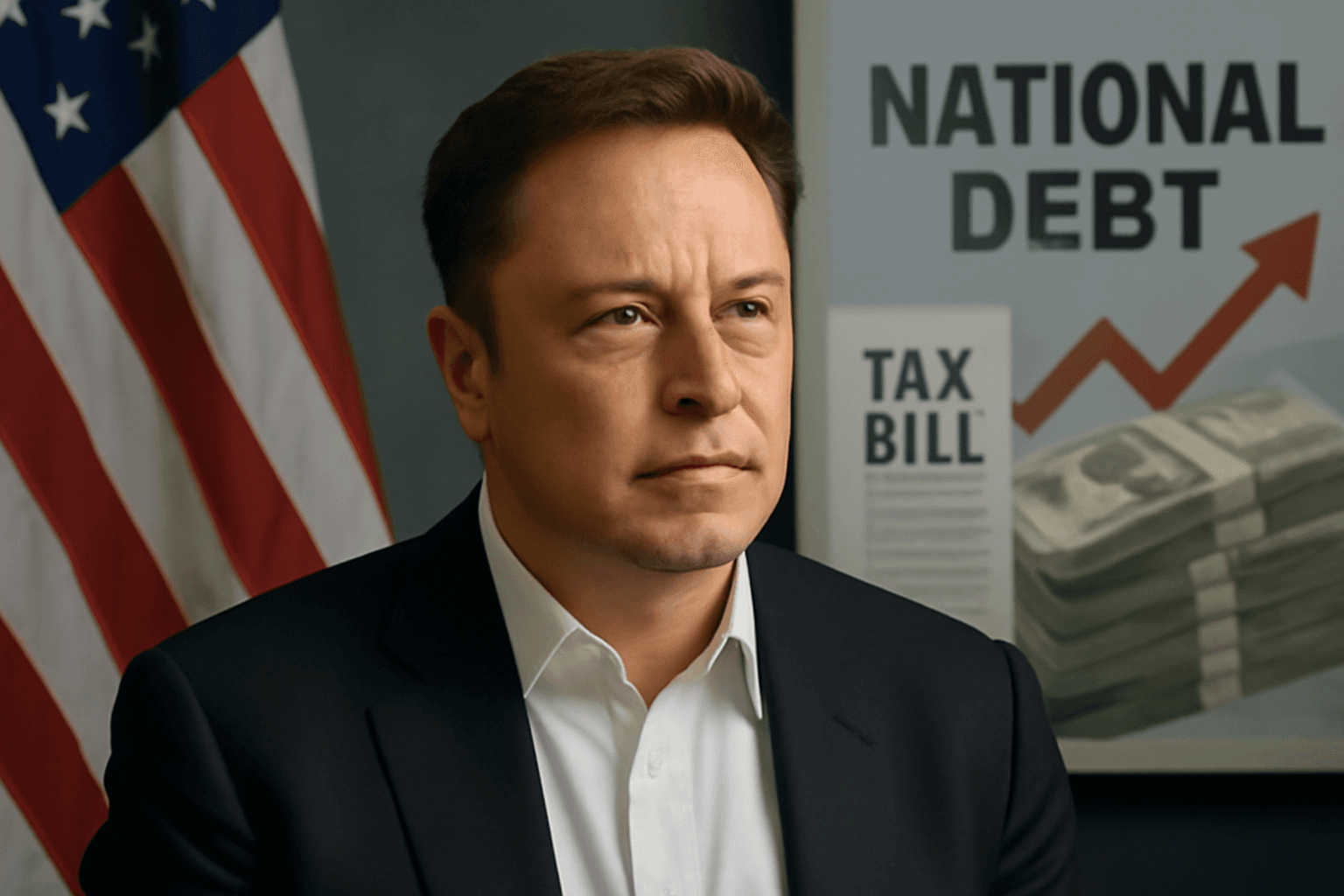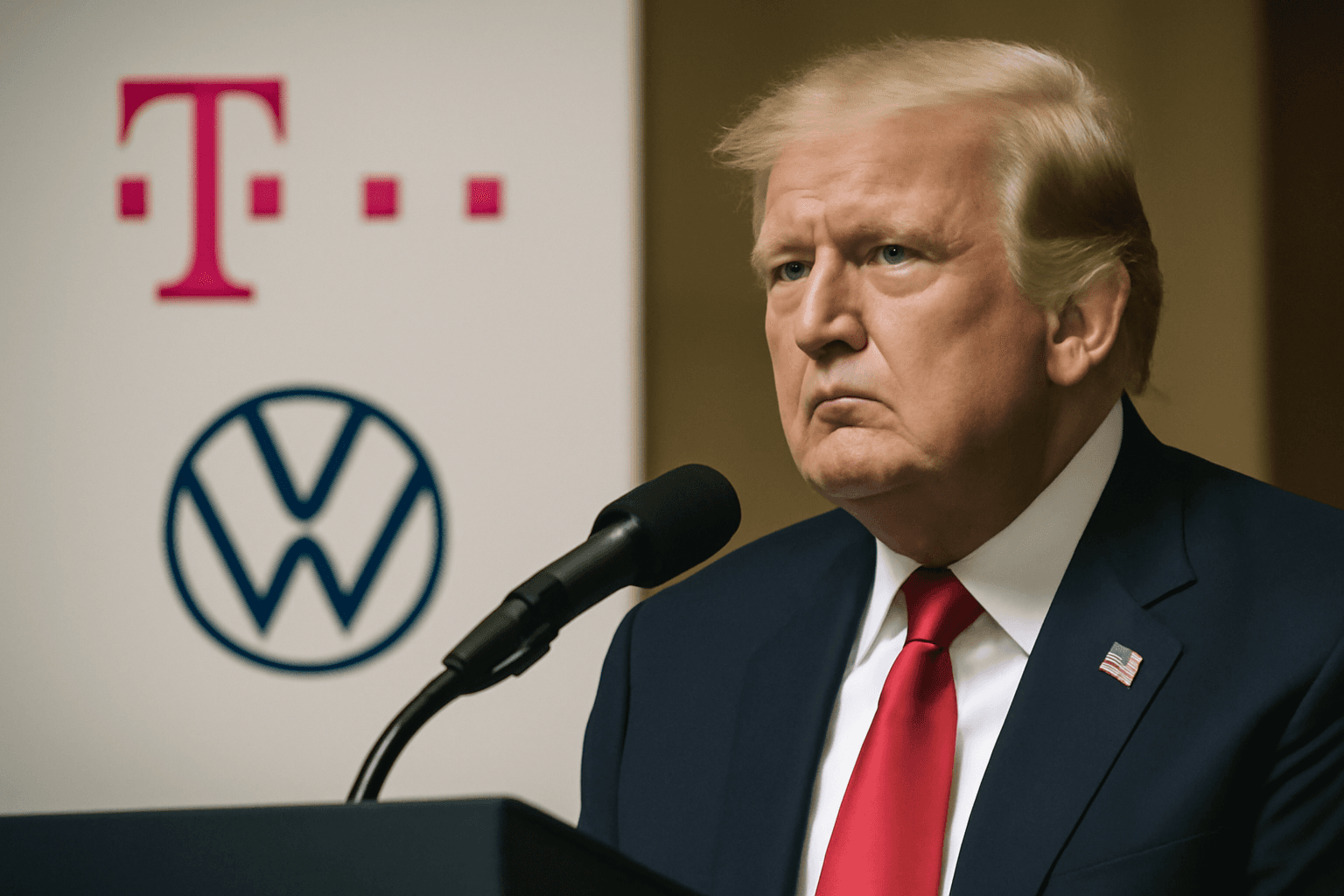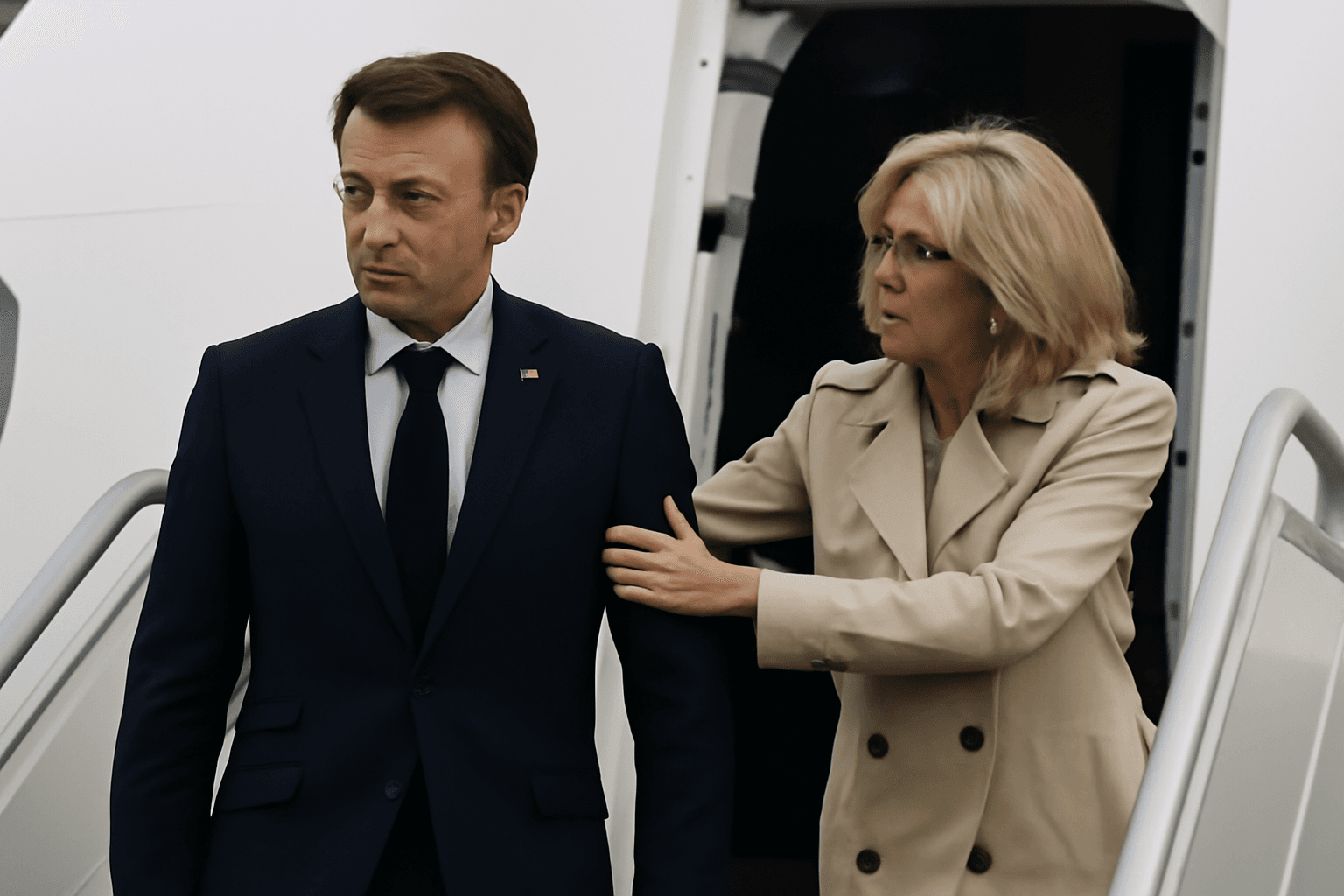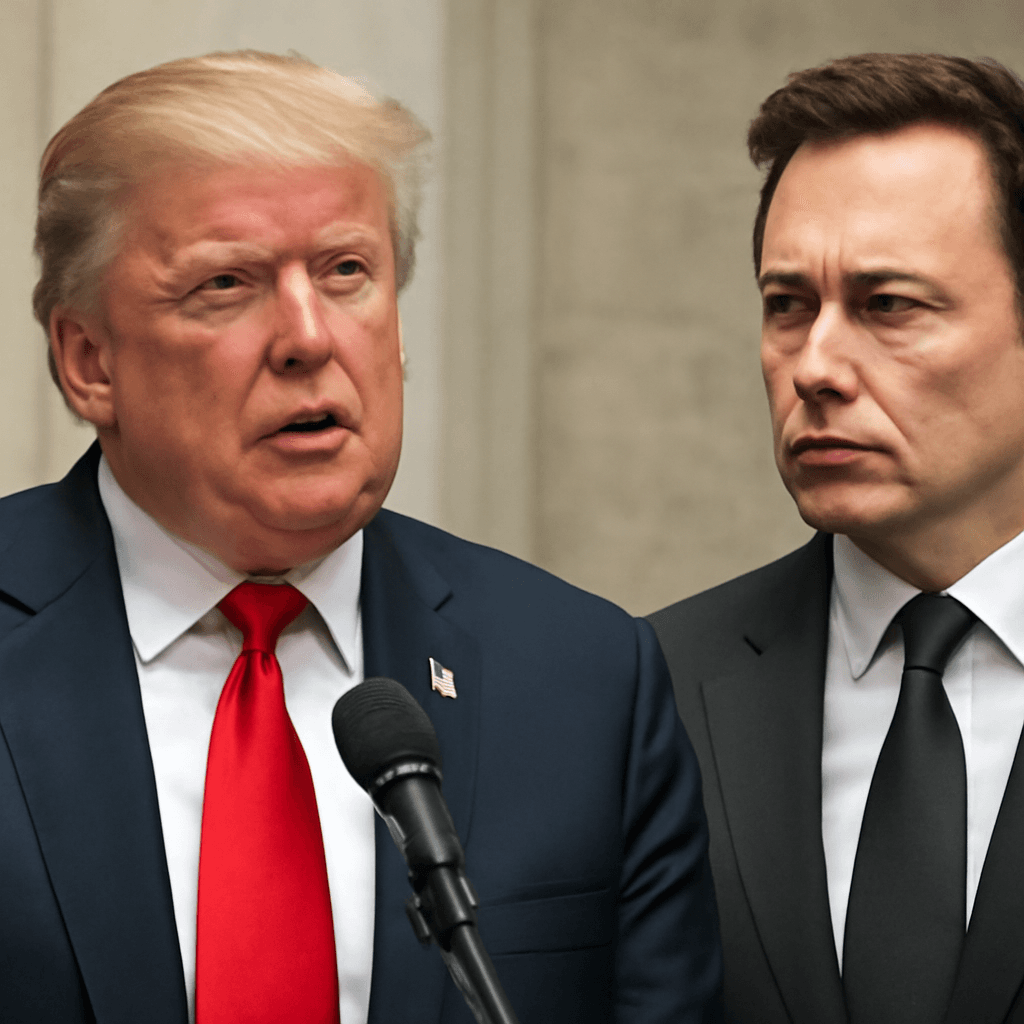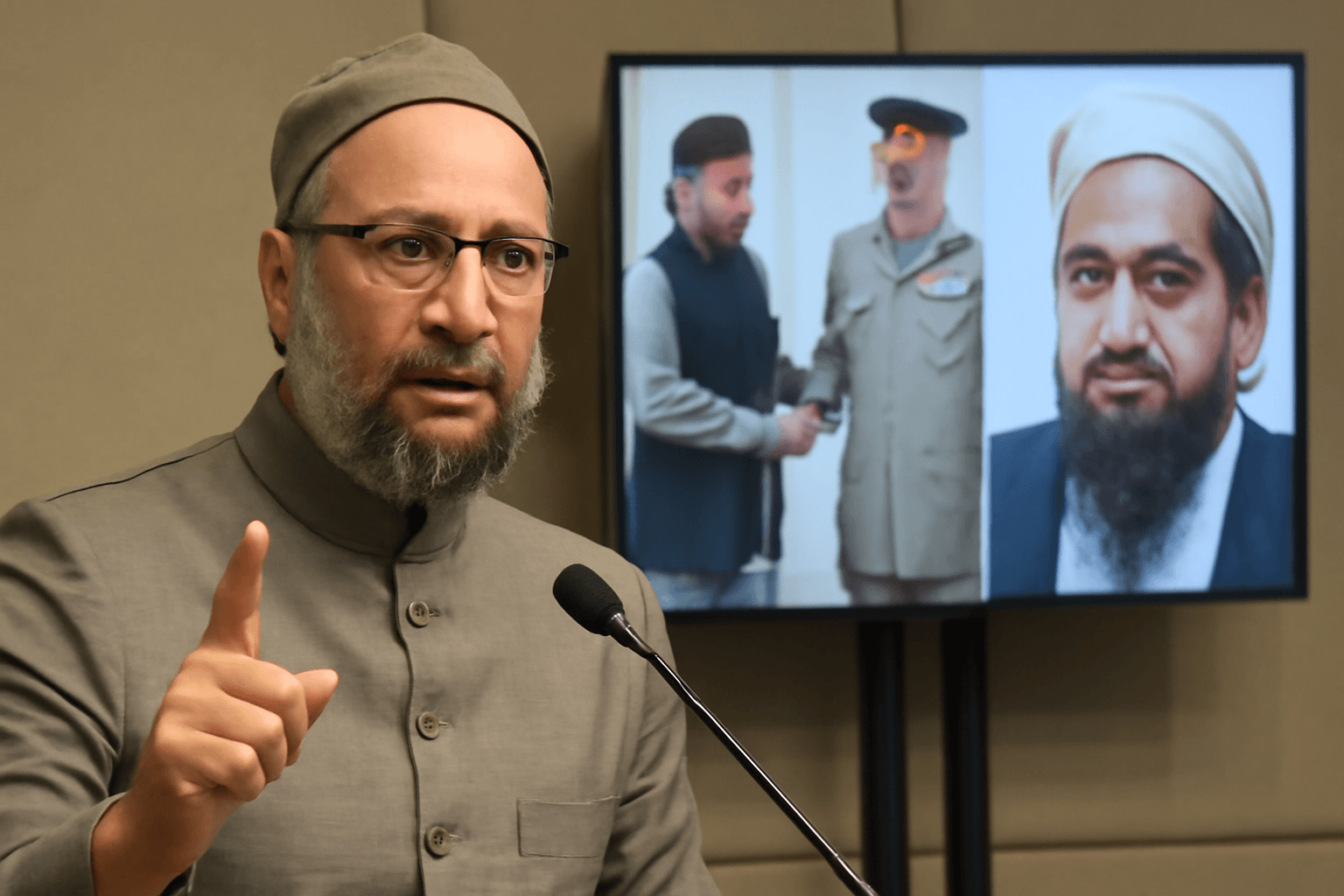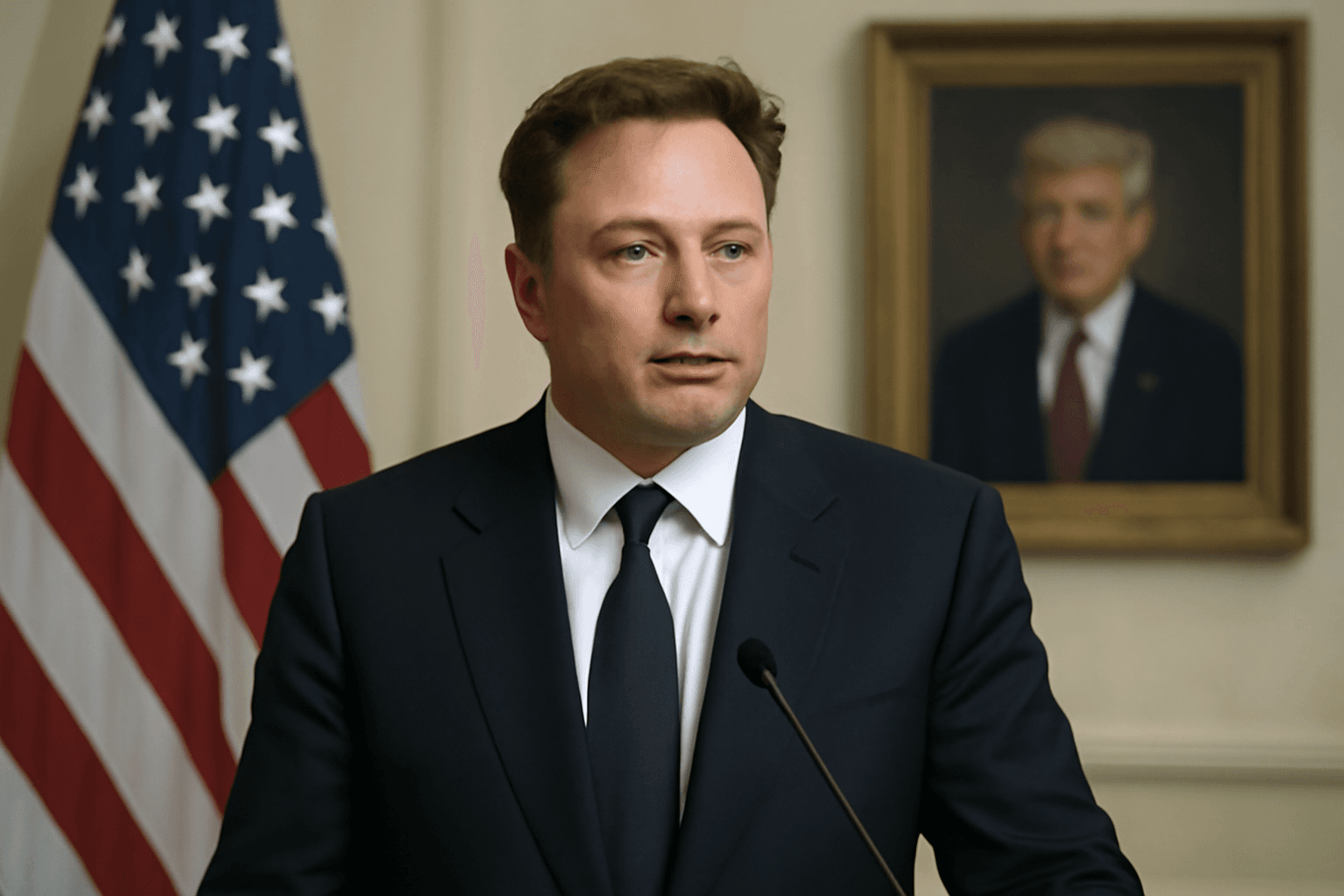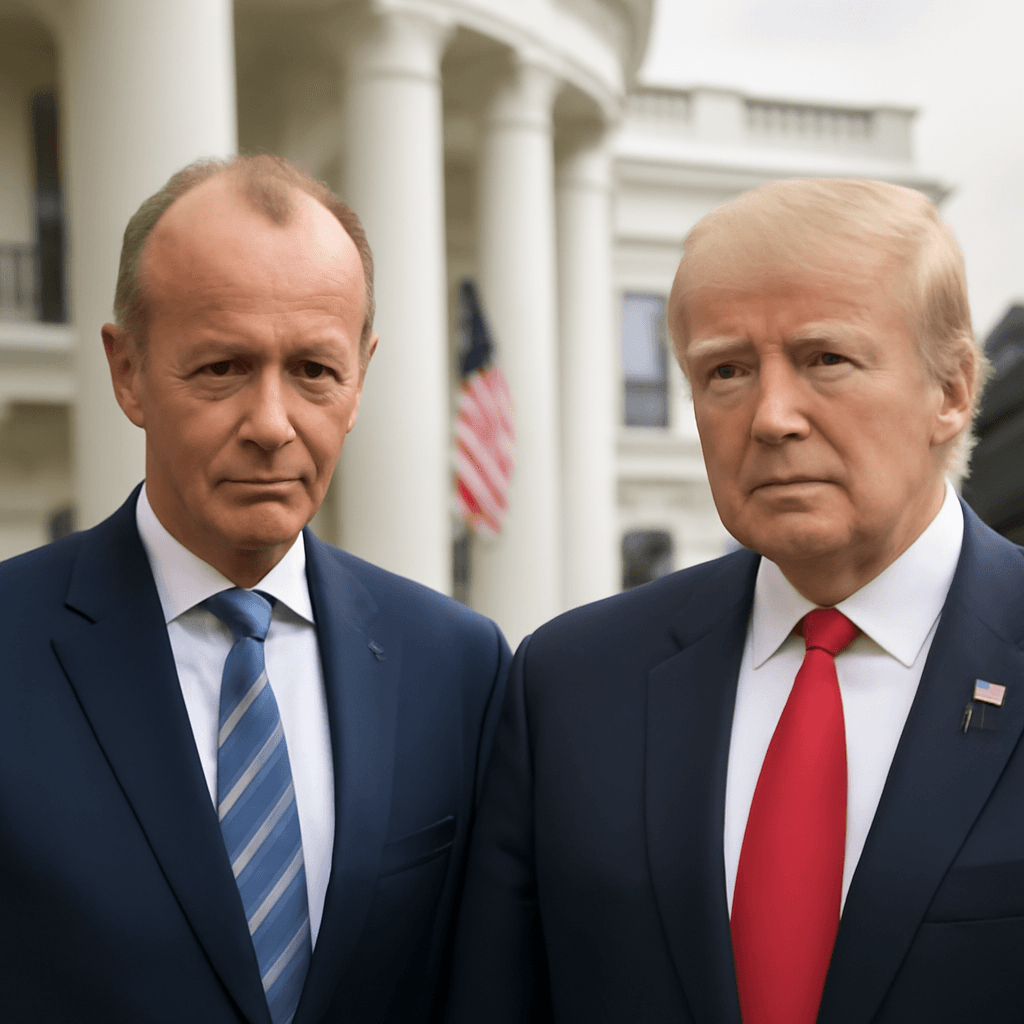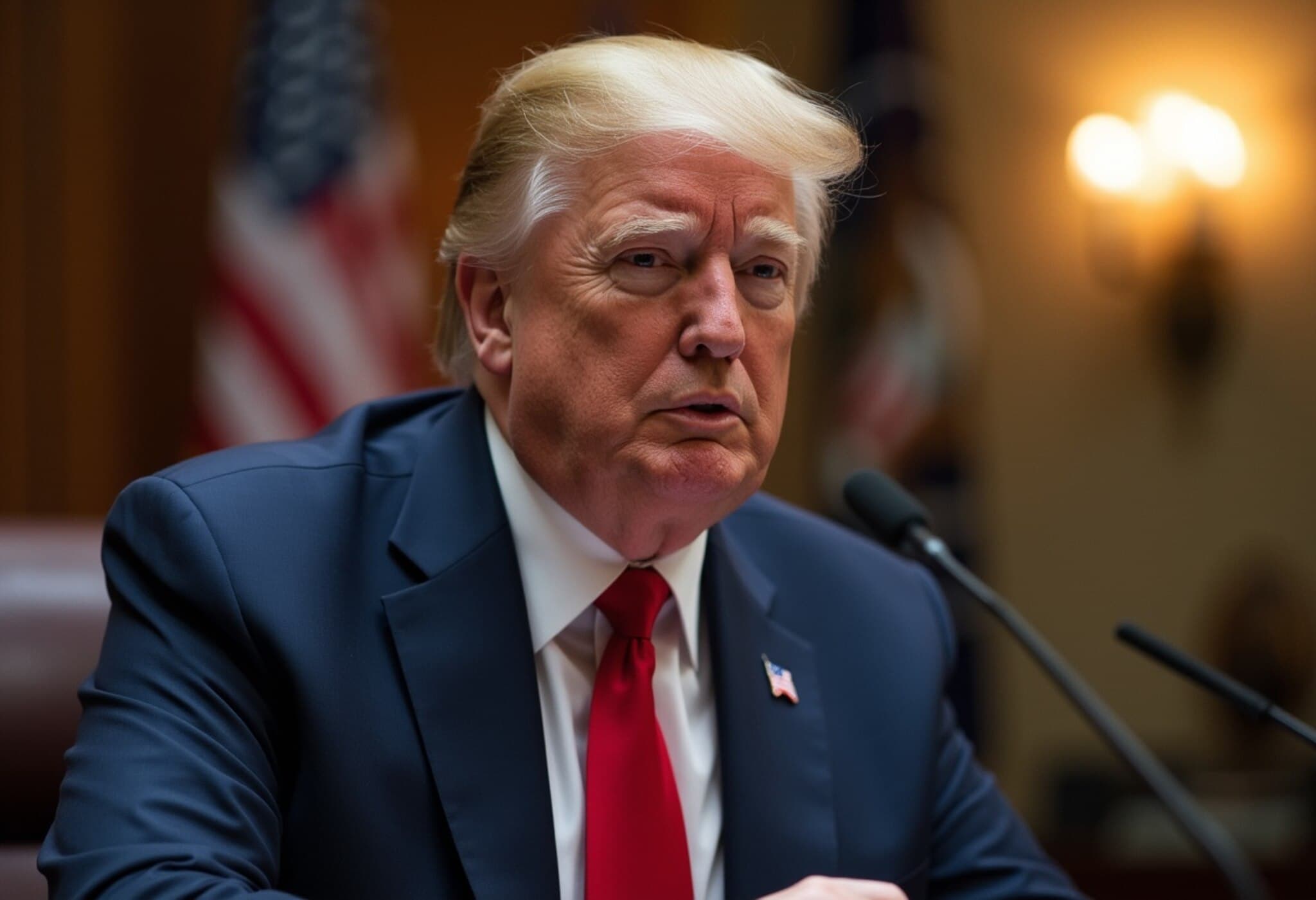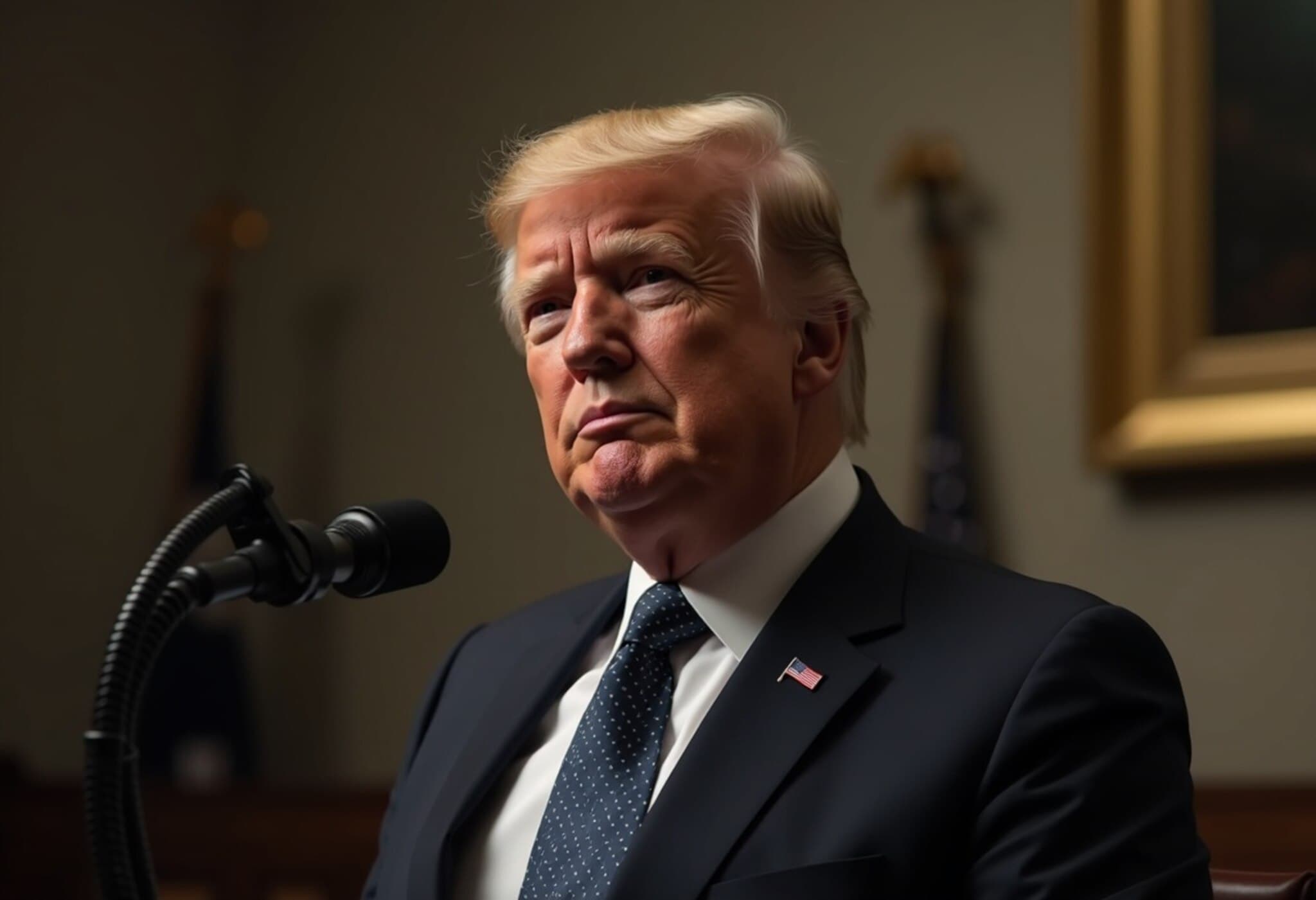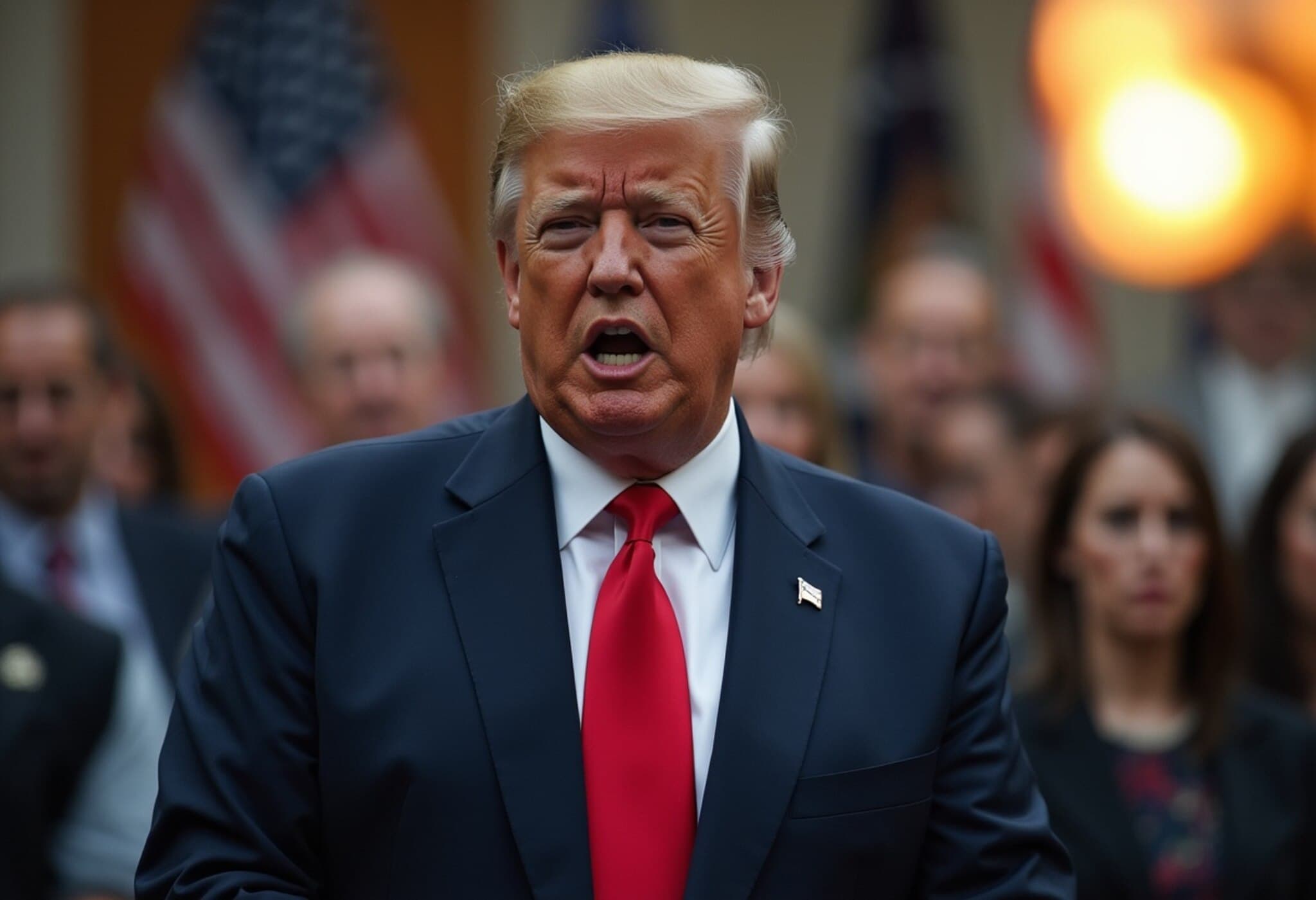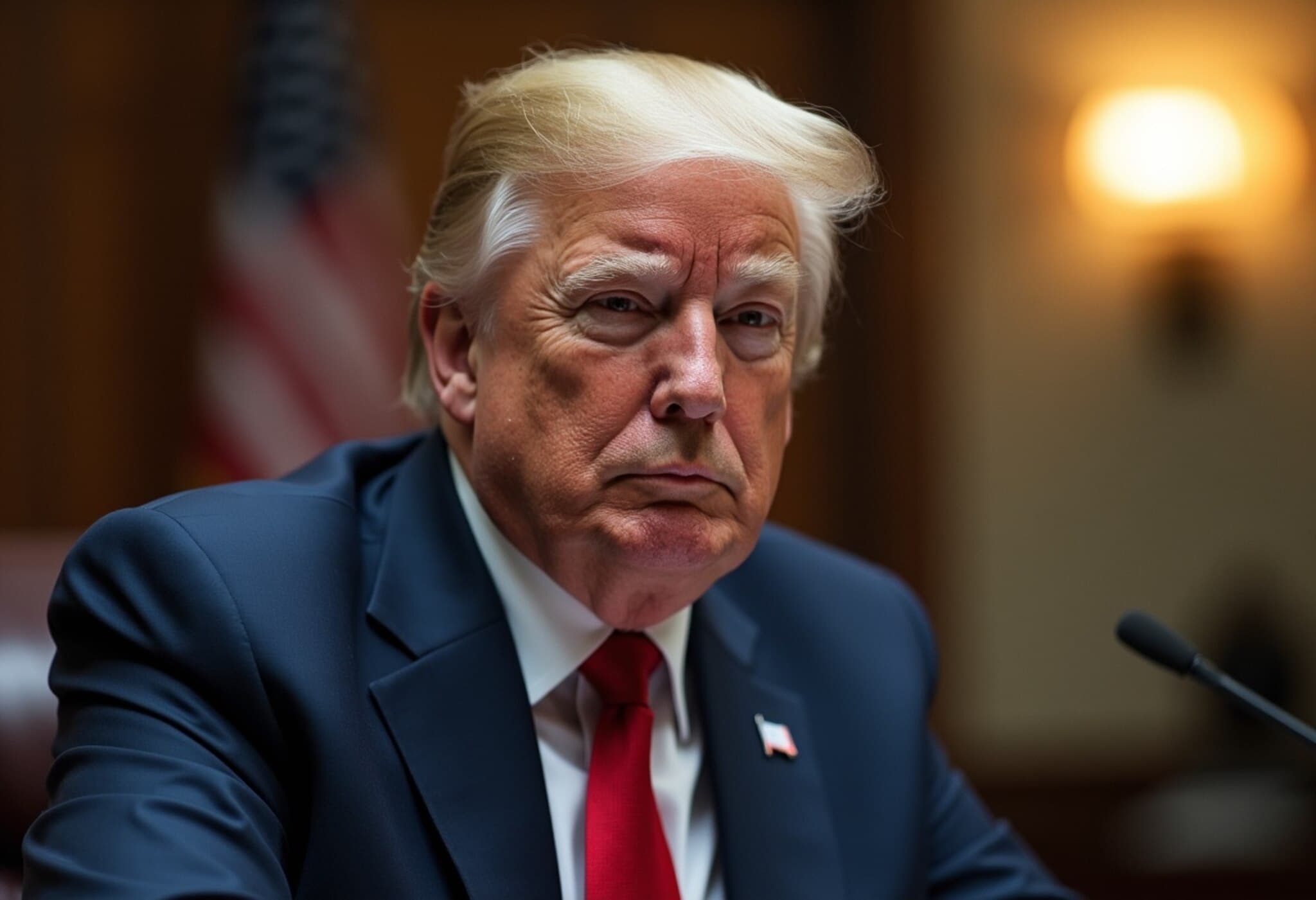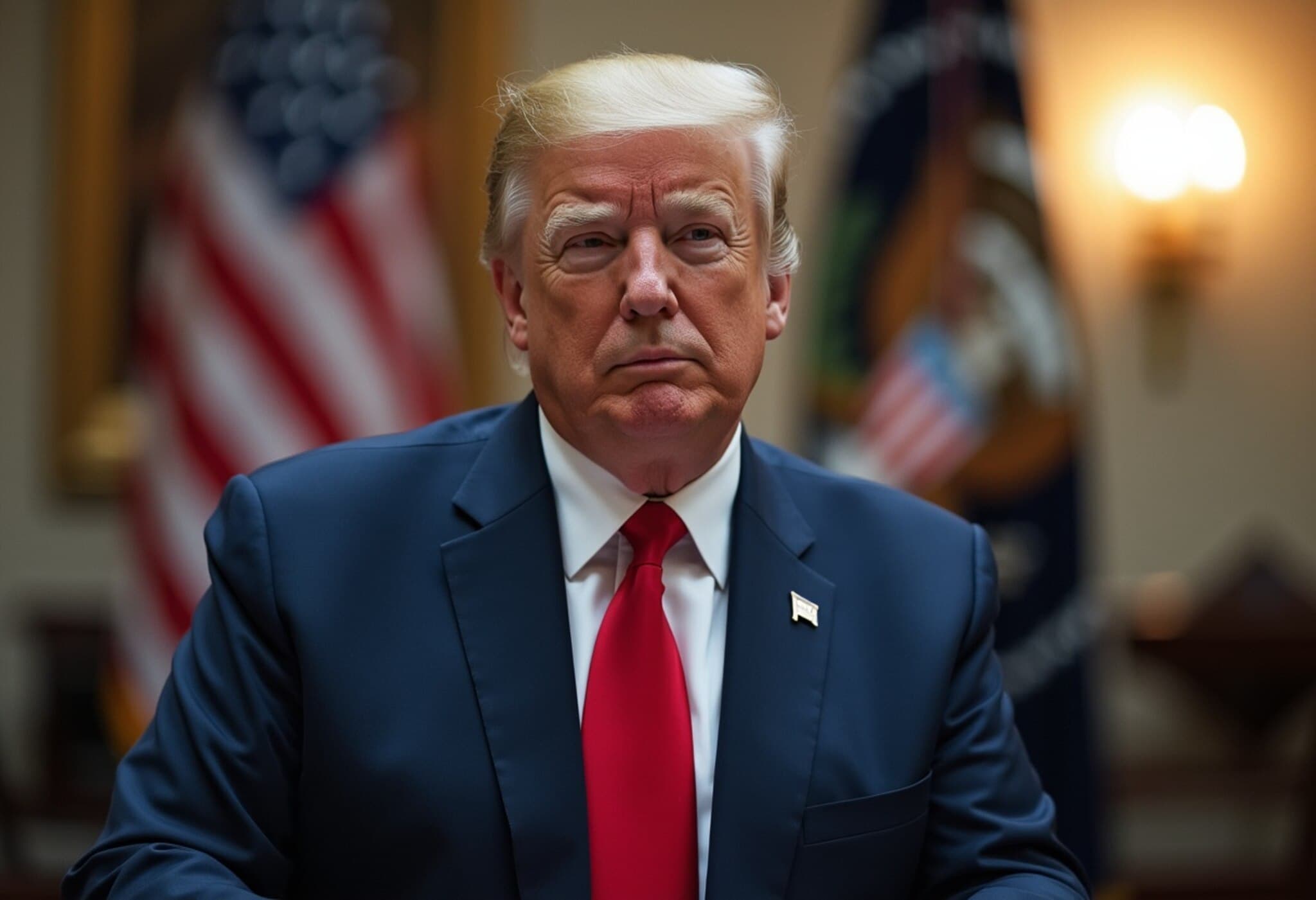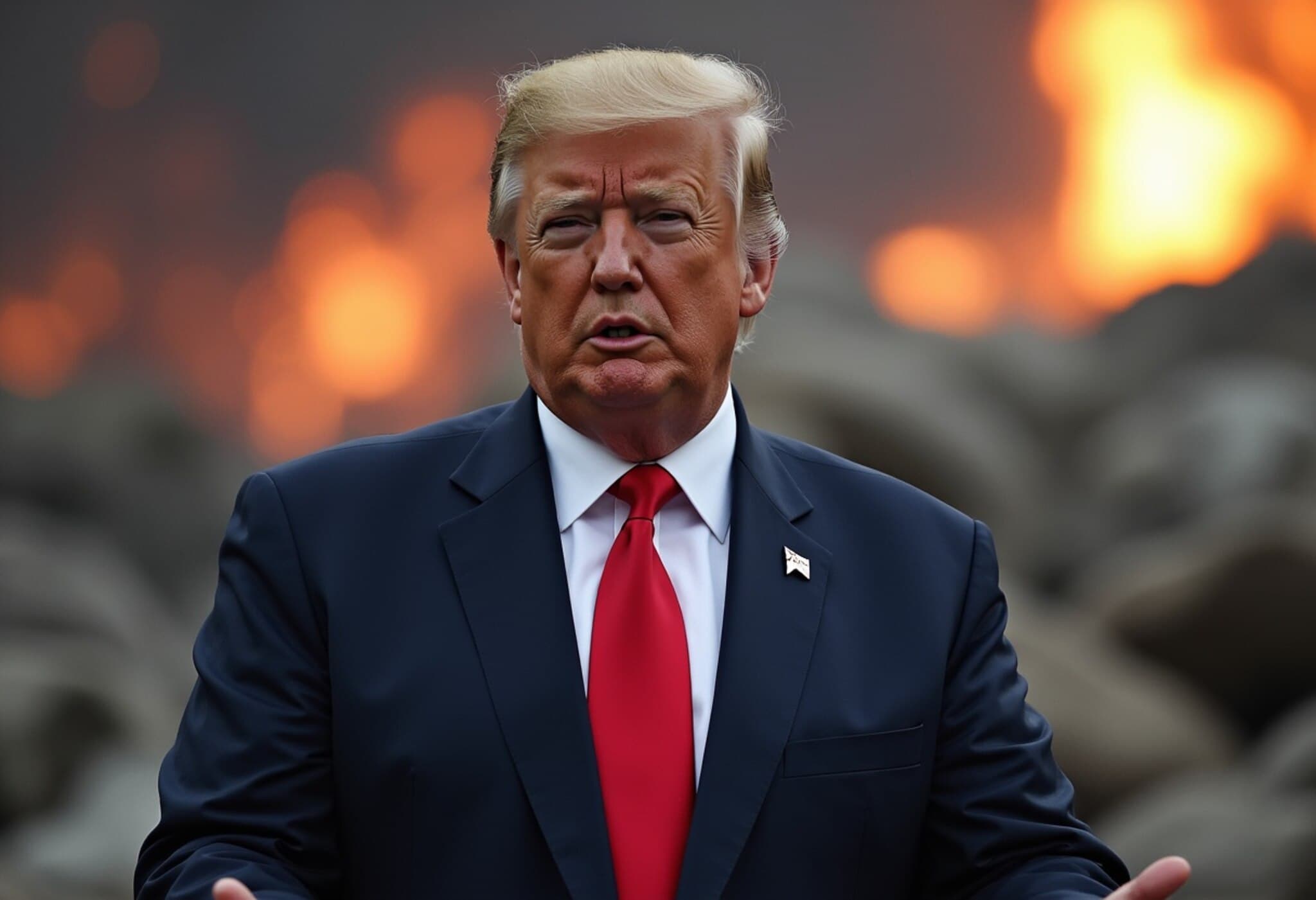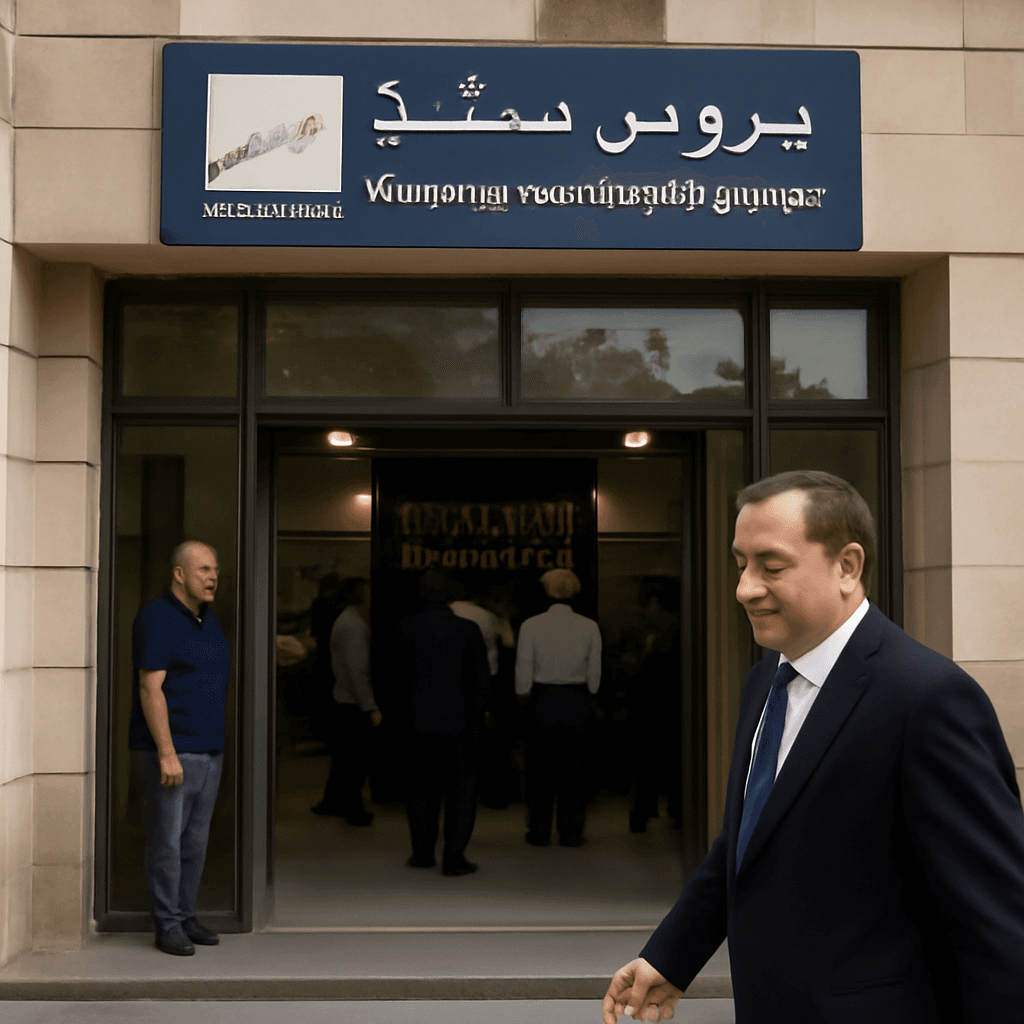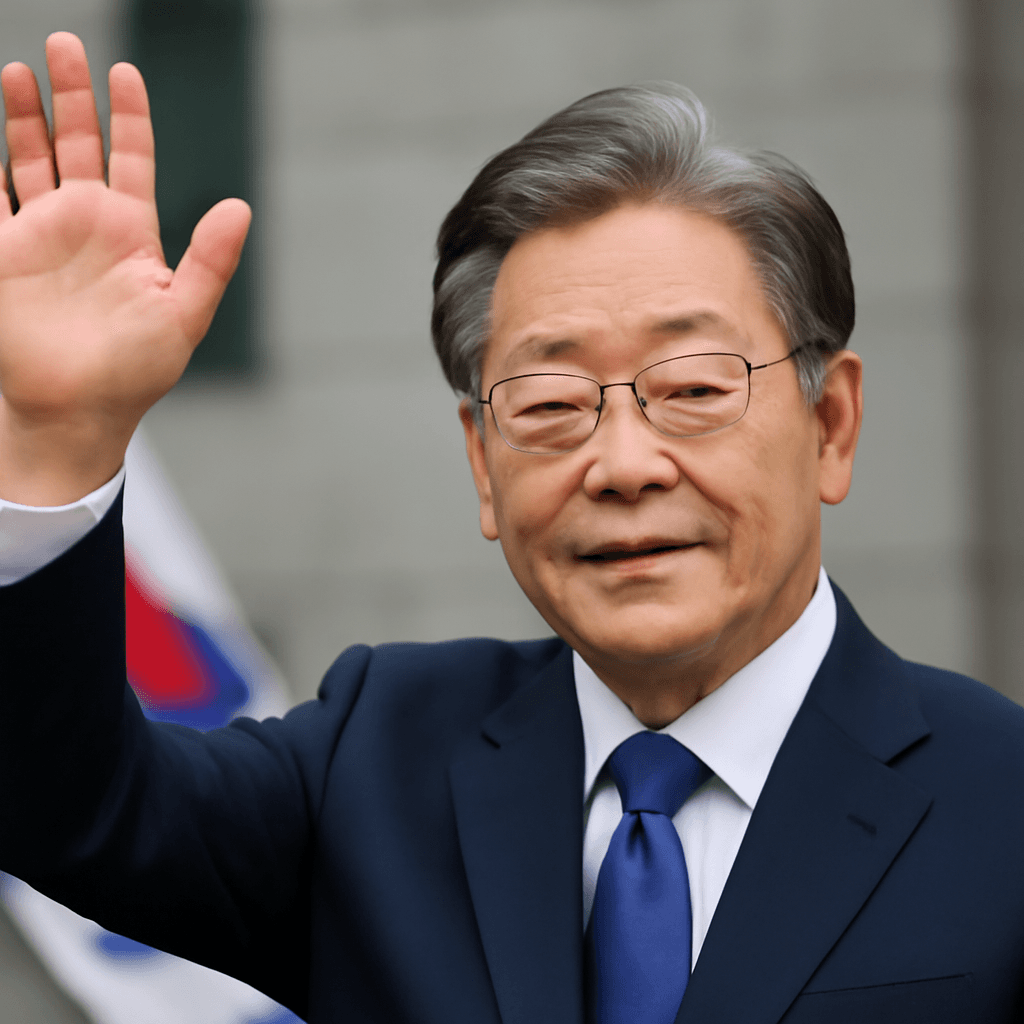Trump Organization's Growing International Portfolio
Since the re-election of Donald Trump in November 2024, the Trump Organization has significantly increased its international business ventures. The family’s real estate empire announced 12 new international projects including luxury high-rises, golf resorts, and hotels — a noticeable surge compared to just two foreign deals during Trump's first presidential term.
International Deals and Ethical Considerations
In January 2025, the Trump Organization publicized an ethics agreement pledging to avoid direct transactions with foreign governments. Nevertheless, many of the newly announced deals involve partnerships with entities closely connected to foreign governments, particularly within the Middle East. This development has raised concerns about potential conflicts of interest and whether the growth in global business contradicts promises to prioritize American economic interests.
The Trump Organization maintains that these arrangements do not involve direct dealings with foreign governments but rather joint ventures with private firms that have government affiliations. A spokesperson confirmed that all 12 international developments were under contract prior to the November election.
Surge in Foreign Interest and Brand Value
Company executives acknowledge that foreign interest in Trump-branded projects has grown substantially since the re-election, with many partners perceiving increased value in the Trump name due to his political resurgence. Eric Trump, overseeing daily operations of the company, stated that the Trump brand is currently experiencing unprecedented demand worldwide.
State-affiliated entities have notably been involved in several projects in the Gulf region, including a luxury resort with private beach villas in Qatar. Additionally, the organization ventured beyond real estate in May 2025 by entering a $2 billion cryptocurrency agreement with a government investment fund in the United Arab Emirates.
US Political Reactions and White House Statement
Some critics argue that financial transactions from foreign governments may be aimed at securing favorable treatment. A prominent US senator remarked that investments appear designed to curry political favor. Conversely, the White House deputy press secretary affirmed that the President's focus remains on securing advantageous deals for Americans rather than personal gain.
Expansion in India and Licensing Model
The Trump Organization has notably expanded efforts in India, collaborating with longtime partner Tribeca Developers to launch two new projects, with plans for three additional developments. Tribeca’s founder, Kalpesh Mehta, who has close ties to the Trump family, reported a surge in demand for Trump properties, with sales exceeding $300 million during one project launch.
The company’s international expansion primarily operates under a licensing model, generating revenue through branding and management fees rather than direct investment. Financial disclosures reveal that the Trump Organization earned over $9 million from six international licensing deals between January 2023 and August 2024.
International Engagements and Future Outlook
Since November 2024, Donald Trump Jr. and Eric Trump have undertaken multiple international trips encompassing a dozen countries, often linked to company initiatives. A recent tour across Eastern Europe, titled "Trump Business Vision 2025," included engagements with political leaders, participation in cryptocurrency conferences, and efforts to secure new global partners.
During the first term, the Trump Organization refrained from initiating new overseas deals to prevent conflicts of interest, focusing instead on managing existing assets and financial stabilization. However, the company now appears to be revisiting this strategy, citing frustration over the lack of recognition for their prior restraint.
Summary
The Trump Organization’s growing international presence contrasts with President Trump’s campaign rhetoric advocating for jobs and business returning to America. The expansion into global markets through new deals and partnerships indicates a strategic shift that may carry implications for business ethics and economic priorities.

